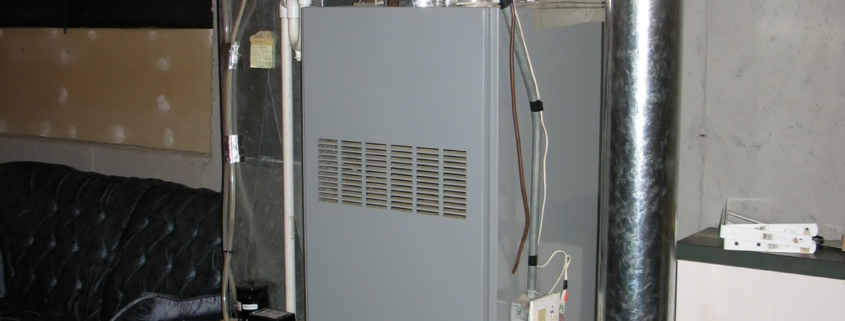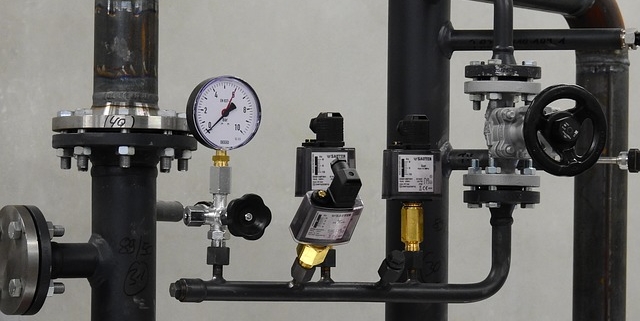In 2018, Delaware experienced one of the coldest winters on record. The state saw below freezing temperatures over a twelve-day stretch, the third longest in state history.
It’s safe to say that our heating systems are an important part of surviving these cold winters.
However, we shouldn’t have to break the bank just to stay warm. Whether you have a boiler or a furnace, your system should be able to keep you warm while being energy efficient.
But what are boilers and furnaces, and which is the most efficient system?
Read on we’ll break down how these systems work and who wins the energy efficiency battle of boiler vs furnace.
Boilers
Boilers create heat for your home by boiling water (hence the name). This creates either hot water or steam that is transferred throughout your home by way of pipes.
One of the big benefits that boilers have over furnaces comes directly from this water-based system.
Because boilers move water throughout your home instead of air, you don’t have to worry about dirt and dust being blown through your house. This means no air filters and less maintenance that comes with this kind of debris.
However, there are multiple downsides.
For boiler vs furnace, leaks are much worse for boilers. A leak in your boiler system means a water leak – which can lead to water damage in your home.
The water from your boiler can also freeze in your pipes when it is particularly cold. This can potentially lead to your pipes bursting.
Furnaces
Furnaces heat your home by heating and circulating air instead of water.
Because of this setup, furnaces use air ducts to move hot air through a building instead of pipes. Leaks from these ducts result in little to no damage compared to leaks from water pipes.
However, hot air from furnaces does not heat a house evenly. Pipes from boilers are set up to radiate heat evenly throughout a house. Air from furnaces must come out from vents, and that air cools as it travels through the room.
Furnaces also give off more noise compared to boilers
Boiler vs Furnace: Which Wins the Efficiency Battle?
In the boiler vs furnace debate, the boiler wins when it comes to general energy efficiency.
Boilers circulate the same water throughout its system, meaning it needs less energy to keep hot water hot. Furnaces, meanwhile, have to continuously heat new air, which requires more energy.
However, there are other factors that affect furnace efficiency and boiler efficiency.
Age is a huge sign of whether or not your boiler or furnace is running at a high energy efficiency level. While newer systems can reach close to 100 percent energy efficiency, older systems require much more fuel, which means much more money.
If you know that your heating system is older, an upgrade may be ideal.
Cleanliness is also a big factor. Boilers and furnaces can collect dirt and grime, or just generally wear down. If your heating system has not had a tune-up recently, it may not be running at peak efficiency.
After reading up on the boiler vs furnace debate, you’re in better shape to choose which is best for your home. Whether you currently have a furnace or a boiler, we can make sure that it is running efficiently, or we can assist in upgrading or changing your system completely.
Reach out today to find out how we can help you can heat your home as efficiently as possible.


